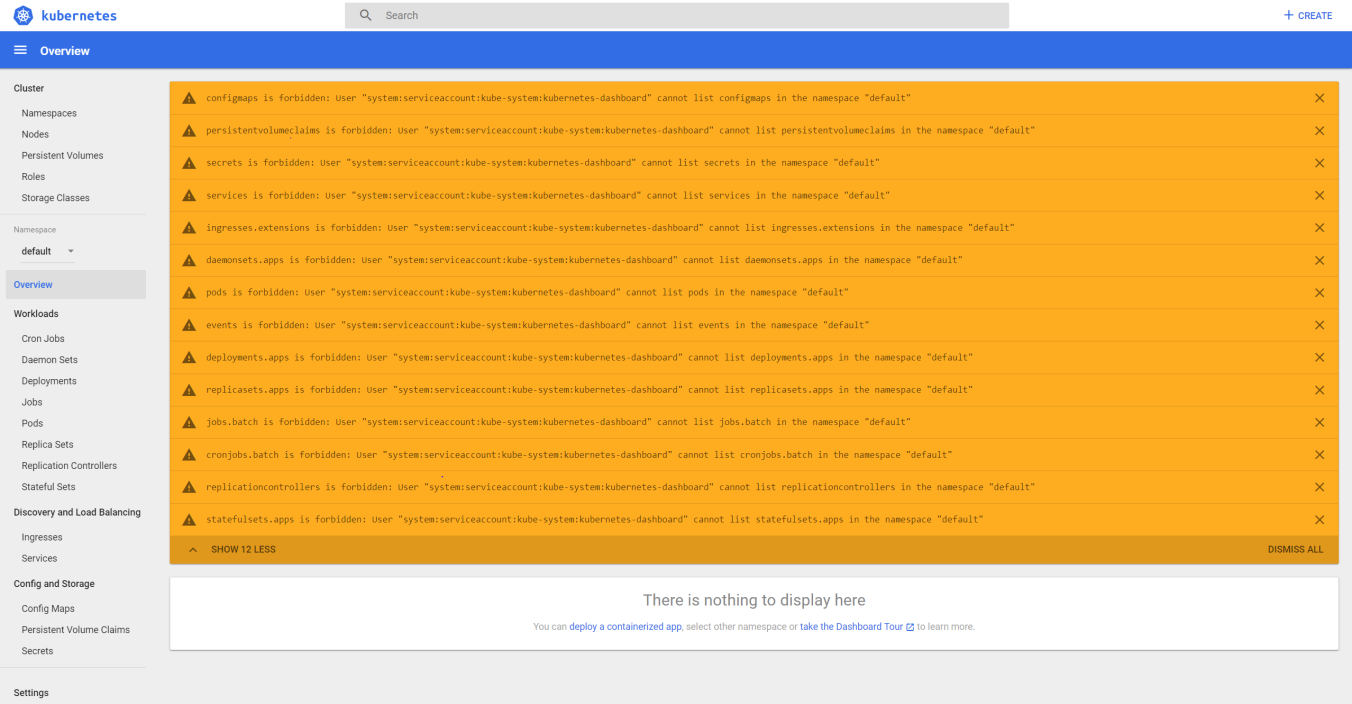kubectl apply -f 0_dependencies
kubectl apply -f 1_load-balancer
kubectl apply -f 2_ingress-service
Needed to use Horizontal Pod Autoscaler.
kubectl apply -f 3_heapster
kubectl apply -f 4_prometheus
chmod +X deploy.sh
./deploy.sh
kubectl create clusterrolebinding kubernetes-dashboard -n kube-system --clusterrole=cluster-admin --serviceaccount=kube-system:kubernetes-dashboard
To install helm-cli run curl -L https://git.io/get_helm.sh | bash
helm init
kubectl apply -f 2_private-ingress/helm-rbac.yaml
kubectl create serviceaccount --namespace kube-system tiller
kubectl create clusterrolebinding tiller-cluster-rule --clusterrole=cluster-admin --serviceaccount=kube-system:tiller
kubectl patch deploy --namespace kube-system tiller-deploy -p '{"spec":{"template":{"spec":{"serviceAccount":"tiller"}}}}'
helm init --service-account tiller --node-selectors "beta.kubernetes.io/os"="linux" --upgrade
Create a namespace for the ingress resources
kubectl apply -f 2_private-ingress/backend-namespace.yaml
In the file 2_private-ingress/internal-ingress.yaml you need to set the IP do you want to use.
Use Helm to deploy an NGINX ingress controller
helm install stable/nginx-ingress \
--namespace backend \
-f 2_private-ingress/internal-ingress.yaml \
--set controller.replicaCount=2 \
--set controller.nodeSelector."beta\.kubernetes\.io/os"=linux \
--set defaultBackend.nodeSelector."beta\.kubernetes\.io/os"=linuxIsmael Leiva
Copyright © 2017, Ismael Leiva. Released under the MIT License.
This repository was inspired by the implementation in giantswarm/prometheus
